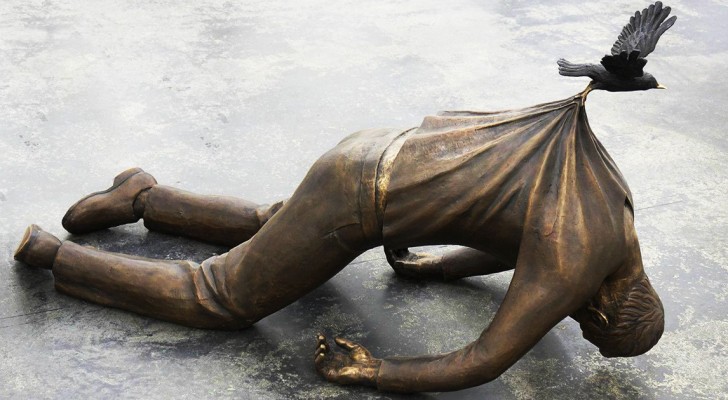“Very truly I tell you, the Son can do nothing by himself; he can do only what he sees his Father doing, because whatever the Father does the Son also does.” – John 5:19
The modern individualistic culture has many pitfalls that we often overlook. It promotes self-interest over collective well-being, competition over cooperation, and isolation over community. It creates a sense of separateness and disconnection from others, nature, and even oneself. This way of life can lead to feelings of loneliness, anxiety, and depression. However, faith offers an alternative perspective dominated by beautiful and meaningful spiritual unity. It invites us to seek and see the divine presence and image in everyone, emphasizes the interconnectedness of all things, and promotes compassion, love, and kindness towards oneself and others. It teaches us to see beyond our ego and embrace the greater good, which ultimately leads to a more fulfilling and purposeful life.
In the Bible, there is a strong emphasis on unity and the interconnectedness of all things. Jesus speaks of his unity with God the Father through passages such as “I and the Father are one.” As believers, we are also called to be in union with Jesus, to have a personal relationship with Him that unites us with the Father. But it doesn’t stop there. We are also called to love and be in unity with all people, not just those who share our beliefs or backgrounds. John’s letter says we are liars if we claim to love God but do not love our brothers and sisters. The biblical perspective on unity is that we are all part of a larger spiritual family and divine creation, deeply connected to one another through our shared humanity and the love of Christ.
The Church continuously reminds us of the importance of spiritual unity through its liturgical life. In the liturgy, we pray and participate as one community, with the same intention and purpose. We are reminded that we are all equal in the eyes of God and that our differences do not define us. When we receive the Eucharist, we are all united in partaking of the same chalice and bread, which symbolize the body and blood of Christ. This reminds us that we are all part of one body, the body of Christ, and that our union with one another and with God is strengthened through this communal act. The church also continually reminds us that this spiritual unity transcends the boundaries of time and space when we pray united with the angels, when we pray for the deceased and remember the saints in our prayers and Badarak, and when we are baptized by the sail holy Myron that goes back to the apostles and is blessed in the Mother See by our Catholicos and Bishops. Through liturgical life, the Church provides a space for us to experience and celebrate our spiritual unity, reminding us that we are all interconnected and bound together by the love of God.
The spiritual unity the Gospel speaks of is incredibly important and helpful for our spiritual lives. It reminds us that we are all connected in a profound way, not just to Jesus and God the Father, but to one another as well. This unity reminds us that we are all children of God, created in His image, and loved unconditionally. It reminds us that individualism, isolation, segregation, and racism are not parts of divine creation and plan. When we recognize and embrace this spiritual unity, we are able to experience a sense of belonging and community that transcends our differences and helps us to see one another with greater compassion and understanding. This unity also helps us to draw closer to God, as we recognize that our relationship with Him is not just a personal one but a communal one as well. The biblical teaching of spiritual unity offers us a deep sense of meaning and purpose in our lives as we seek to live in harmony with one another and with God’s divine plan for our world.


